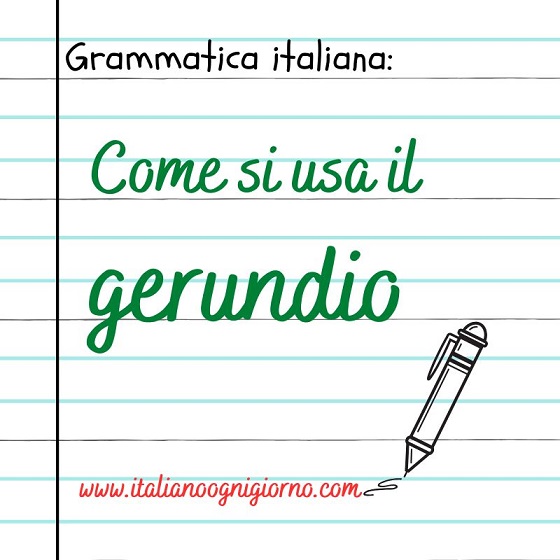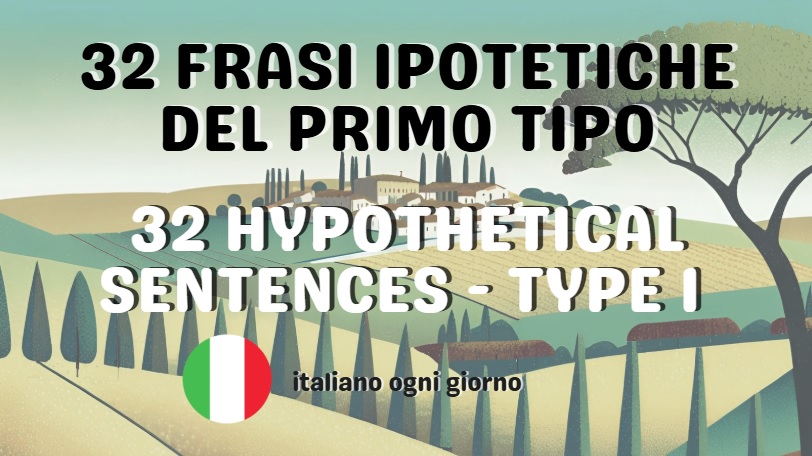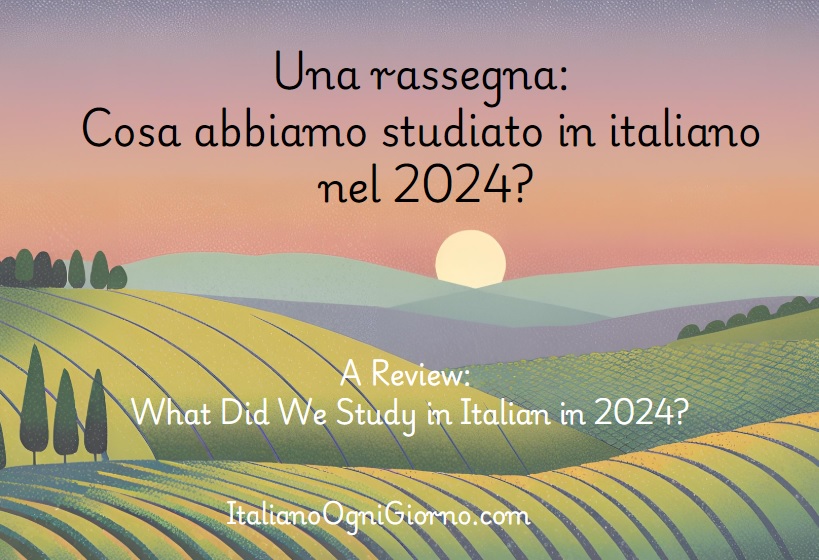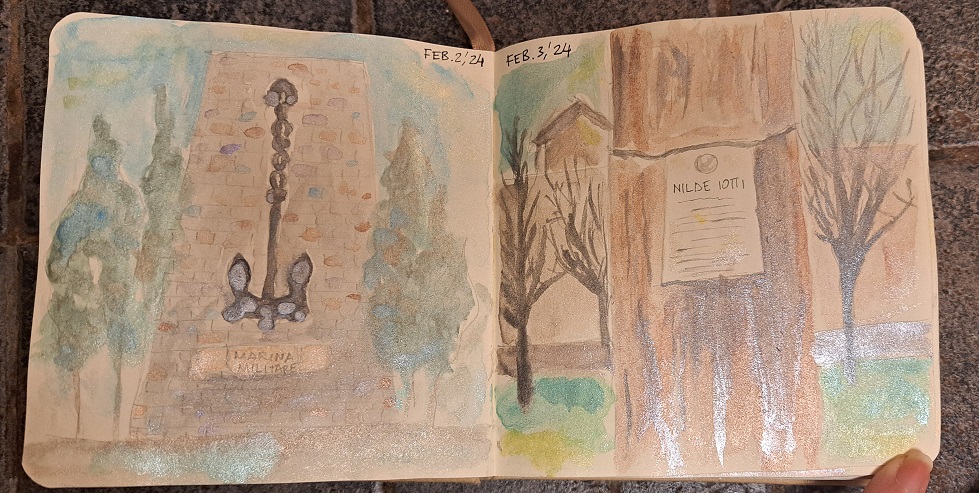(English coming soon)
L’arte religiosa nei musei italiani rappresenta un patrimonio inestimabile che riflette la profonda spiritualità e la storia culturale del Paese. Opere di maestri come Michelangelo, Caravaggio e Giotto adornano le gallerie, testimoniando secoli di devozione e innovazione artistica. Le sculture, i dipinti e gli affreschi raccontano storie bibliche, santi e tradizioni locali, immersi in un contesto di bellezza e contemplazione. I musei, come gli Uffizi a Firenze o i Musei Vaticani a Roma, custodiscono queste opere con cura, permettendo ai visitatori di esplorare il legame tra arte e fede, unendo il sacro alla contemplazione estetica.
L’arte italiana è ricca di opere legate ai temi della Pasqua, che riflettono i momenti cruciali della narrazione cristiana. Queste dodici famose opere d’arte italiane legate alla Pasqua evidenziano il significato teologico e artistico della Pasqua nel contesto del Rinascimento e del Barocco italiano, offrendo una profonda riflessione sui temi della resurrezione, della salvezza e della speranza.
La Resurrezione di Giotto – La Cappella degli Scrovegni, Padova (ca. 1303)
raffigurante Cristo risorto, è parte integrante della storia della Pasqua.
La Resurrezione di Giotto, affrescata nella Cappella degli Scrovegni a Padova, è un’opera straordinaria che testimonia la maestria dell’artista. Situata nella parte alta dell’abside, rappresenta Cristo che emerge trionfante dal sepolcro, il suo corpo luminoso e avvolto da un’aura divina. Attorno a lui, guardie e soldati mostrano sorpresa e sgomento. Giotto utilizza una composizione dinamica e colori vibranti per trasmettere un forte senso di movimento e vita. La scena è ricca di emozione e simboleggia la vittoria sulla morte, rendendo visibile l’umanità di Cristo e la speranza della resurrezione per l’umanità intera.

L’orazione nell’orto di Tintoretto – La Scuola Grande di San Rocco, Venezia, (ca. 1500)
E’ un’opera monumentale che rappresenta la scena dell’agonia di Gesù nel Getsemani. La composizione è caratterizzata da forte contrasto di luci e ombre, creando un’atmosfera drammatica e intensa. Gesù, al centro dell’opera, è ritratto in un momento di profonda meditazione e tristezza, mentre gli apostoli sono ritratti in posizioni diverse, alcuni in preghiera, altri addormentati. La dinamicità delle figure e l’uso audace della prospettiva conferiscono movimento e profondità all’intera scena. La tavolozza ricca e i dettagli accurati riflettono la maestria del Tintoretto nel catturare l’emozione e la spiritualità del momento.

L’Ultima cena di Leonardo da Vinci – Santa Maria delle Grazie, Refettorio, Milano (c. 1495-1498)
Sebbene incentrata principalmente sull’Ultima Cena (l’ultimo pasto di Gesù con i suoi discepoli), quest’opera prepara il terreno per gli eventi del Venerdì Santo e della Pasqua, mostrando l’attesa della crocifissione e della resurrezione.
L’opera rappresenta il momento in cui Gesù annuncia il tradimento di Giuda, catturando le reazioni diverse dei discepoli. L’uso della prospettiva e la composizione dinamica creano profondità e intensità emotiva. I volti esprimono incredulità, rendendo questa scena una delle più celebri e influenti della storia dell’arte.

Cristo (deriso) dopo la cattura di Beato Angelico – Covento di San Marco, Firenze (ca. 1500)
E’ un’opera che cattura l’intensità del momento in cui Gesù viene arrestato. L’immagine dello sputo, simbolo di disprezzo, sottolinea la brutalità della sofferenza che Cristo deve affrontare. La scena mostra Gesù legato e circondato da due figure che esprimono smarrimento e pietà. La delicatezza e la luce della scena, tipiche dello stile di Beato Angelico, offrono un contrasto stridente con il tema della violenza.

Crocefissione di Angelo Italia – La Cappella del Crocefisso, Monreale, (1680)
E’ un’opera d’arte straordinaria che riflette la maestria dell’artista e la spiritualità dell’epoca. La composizione rappresenta il momento culminante della Passione di Cristo, con il protagonista crocifisso tra i ladroni. La scena è ricca di dettagli espressivi, mostrando un forte contrasto tra la sofferenza di Gesù e la drammaticità del contesto. I colori vividi e l’uso sapiente della luce conferiscono profondità all’opera, rendendo palpabile il sentimento di sacrificio. La cappella, con i suoi affreschi e mosaici, rappresenta un importante esempio di arte sacra normanna.

La Crocefissione di Andrea Mantegna – Museo del Louvre, Parigi (c. 1350-1406)
La Crocefissione di Andrea Mantegna è un’opera straordinaria che trasmette un intenso senso di drammaticità e sofferenza attraverso la sua composizione verticale e l’uso audace della prospettiva. Il Cristo crocifisso è al centro, rappresentato con un realismo crudo, mentre la sua figura è accentuata da ombre profonde e colori terrosi. I personaggi ai suoi piedi, tra cui la Vergine Maria e San Giovanni, esprimono angoscia e lutto. Mantegna utilizza dettagli anatomici precisi e una forte definizione spaziale, creando una scena che invita lo spettatore a riflettere sulla sofferenza e sulla redenzione.

Compianto sul Cristo Morto di Niccolò dell’Arca -Chiesa di Santa Maria della Vita, Bologna (ca. 1477, rinascimento)
E’ gruppo scultoreo con sette figure a grandezza naturale in terracotta con tracce di policromia. L’opera rappresenta la drammatica scena della deposizione di Cristo, con una composizione intensa e marcata da emozione. Le figure, altamente espressive, mostrano il dolore e la sofferenza, mentre il corpo di Cristo, con dettagli anatomici raffinati, appare pesante e cadente. Il gruppo scultoreo, con una forte verticalità, crea un contrasto tra il sacro e l’umano, evidenziando la tragedia della morte. L’uso del colore e della luce rende la scena ancora più coinvolgente.

Cristo Morto di Andrea Mantegna – Pinacoteca di Brera, Milano (c. 1480)
E’ un capolavoro dell’arte rinascimentale. Il dipinto ritrae il corpo di Cristo disteso su una lastra di pietra, con un’espressiva resa anatomica e un forte senso del realismo. La composizione, caratterizzata da un’angolazione innovativa, invita lo spettatore a contemplare la vulnerabilità e il sacrificio del Cristo.
L’opera è celeberrima per il vertiginoso scorcio prospettico della figura del Cristo disteso, che ha la particolarità di “seguire” lo spettatore che ne fissi i piedi scorrendo davanti al quadro stesso.
Elementi drammatici, come le mani e i piedi forati, accentuano il dolore, mentre il fondo scuro mette in risalto la figura centrale. Mantegna esplora così temi di morte e redenzione.

La Pietà di Michelangelo – Basilica di San Pietro in Vaticano (ca. 1499)
E’ una delle opere più celebri del Rinascimentoun, capolavoro di straordinaria espressione emotiva. La scultura in marmo rappresenta la Vergine Maria che tiene in grembo il corpo di Gesù morto, esprimendo un profondo senso di tristezza e pietà. Michelangelo scolpì la figura con una straordinaria precisione anatomica e un’armonia delle proporzioni, creando un effetto di serenità e bellezza. La drammaticità dell’opera è accentuata dai dettagli delicati e dall’uso della quarzite, che conferisce una morbidezza unica.

Il Cristo Velato di Giuseppe San Martino – Cappella San Severo, Napoli (1752)
Questa straordinaria opera d’arte rappresenta il corpo di Cristo deposto, avvolto in un velo di marmo trasparente, che sembra sorgere alla vita. La maestria tecnica di San Martino si manifesta nella straordinaria resa dei dettagli: il velo appare leggero e traslucido, mentre il corpo di Cristo esprime serenità nella morte. L’opera è un simbolo di pietà e fede, e la sua bellezza e realismo suscitano emozioni profonde in chi la osserva, rendendola un capolavoro del barocco napoletano.

Resurrezione di Piero della Francesca, Borgo San Sepolcro, Arezzo (c. 1465)
L’opera rappresenta Cristo che, risorto dai morti, emerge in un potente gesto di vittoria, circondato da un delicato aura di luce. Il corpo di Cristo è colto in una naturalezza monumentale, con un espressione serena e regale. Sullo sfondo, il paesaggio si estende in un armonioso equilibrio di colori, mentre i soldati addormentati ai suoi piedi simboleggiano l’ignavia umana di fronte al divino. La composizione rigorosa e l’uso innovativo della prospettiva evidenziano la maestria dell’artista, fondendo spiritualità e bellezza.

Il Trionfo del Nome di Gesù di Giovanni Battista Gaulli (Il Baciccio) – Chiesa del Gesù, Roma (c. 1672)
Affresco sul soffitto che si collega alla natura celebrativa della Pasqua con una gloriosa celebrazione della divinità di Gesù, attraerso una composizione dinamica e teatrale. Al centro si staglia il monogramma di Gesù, circondato da angeli, santi e figure celestiali che si librano nell’aria, immersi in una luce divinamente radiosa. I colori vibranti e il senso di movimento esprimono la maestà e la potenza del nome di Gesù, riflettendo il barocco romano e la spiritualità dell’epoca.

Alcune di queste opere d’arte sono spiegate con approfondimenti delle tecniche artistiche nel video seguente: https://youtu.be/8cnr_VEjF84?si=dOz9Xb4ZqYyWPxQD
- La Pasqua nell’arte italiana

- Racconto italiano: La disdetta del frullato al cacao A2/B1

- Come si usa il gerundio

- Racconto italiano: La gatta sull’albero /A2

- Racconto italiano: Le scale al nuovo anno /B2

- 32 frasi ipotetiche del primo tipo in italiano
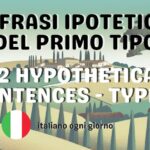
- Una rassegna: Cosa abbiamo studiato in italiano nel 2024?
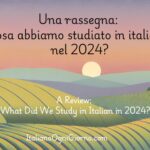
- Racconto italiano: Un giorno perfettamente imperfetto /A2

- Racconto italiano: Le scale al nuovo anno /A1





